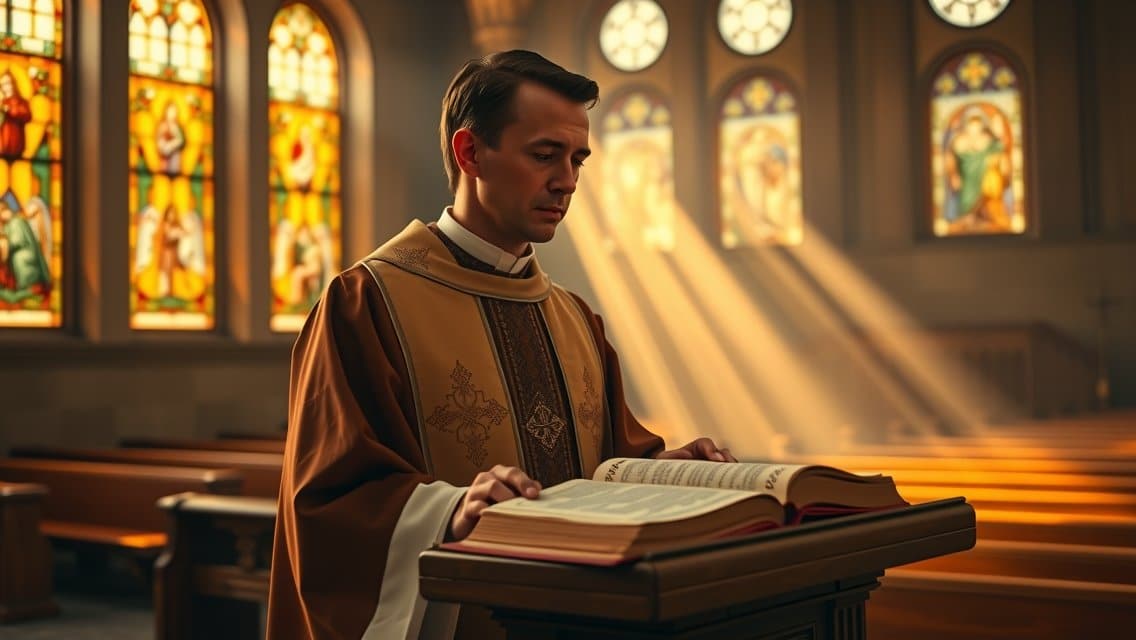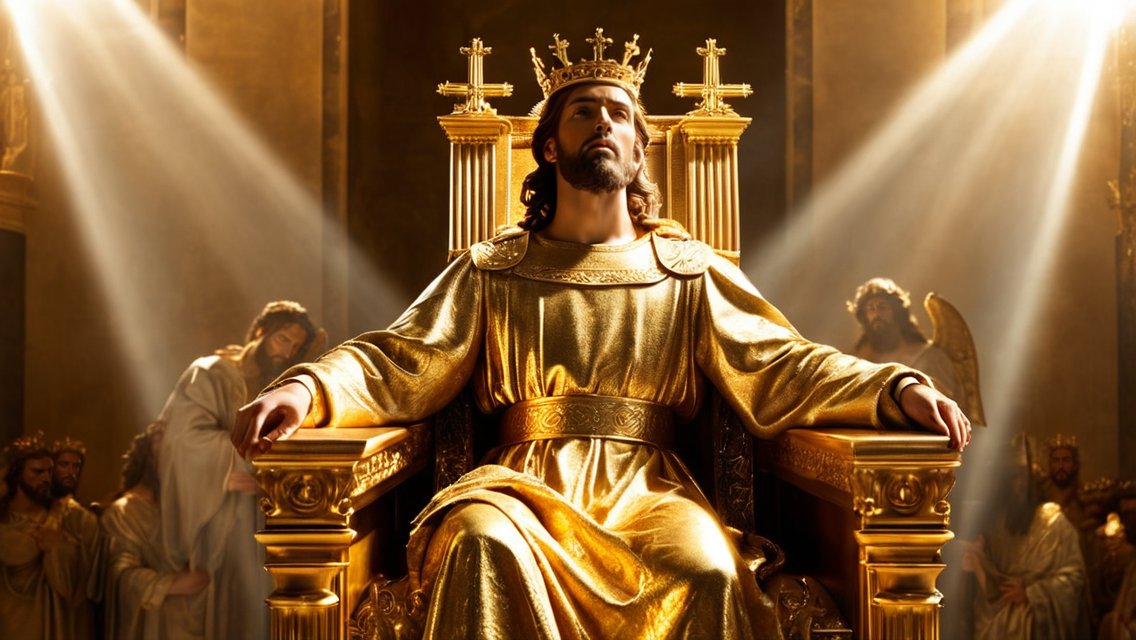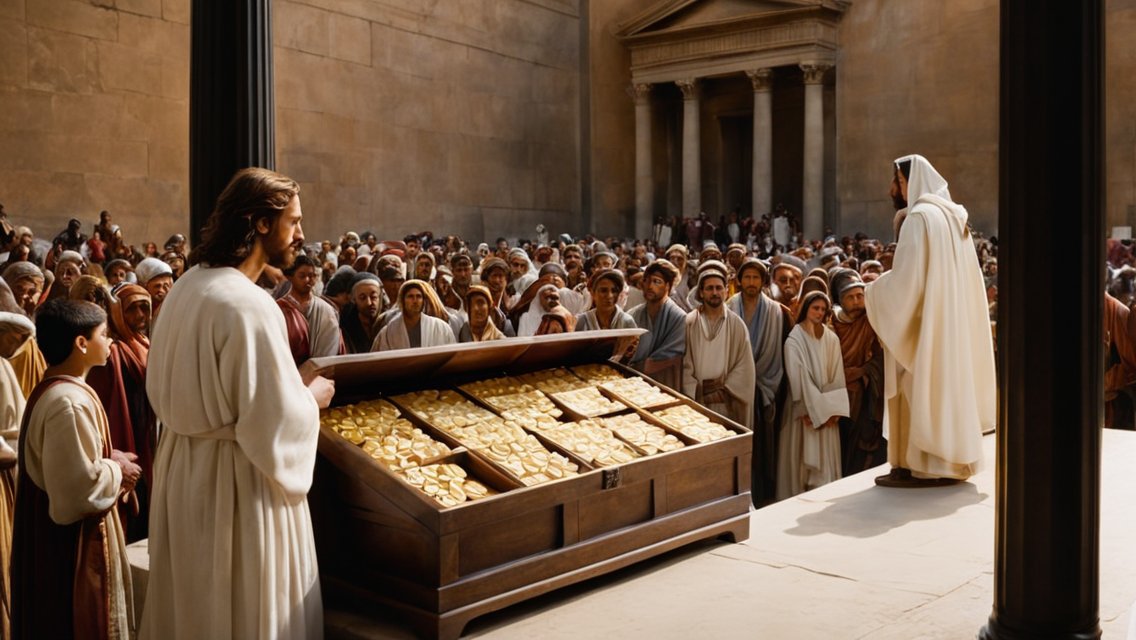27th Sunday Homily of Ordinary Time Year B
Sunday homily is to preach on churches during mass times or other liturgical celebration on Sundays. Today we are going to see here is the homily for 27th Sunday of ordinary time year b. Homily includes moral story and bible quotations that you may use them when you preach it in churches.
- Beautiful Marriage Bible Verses. For homily
- Moral Story – The Wise Carpenter For homily
Mass Readings for 27th Sunday Homily of Ordinary Time Year B: Gen 2:18-24, Heb 2:9-l l, Mk 10:2-16
1st Reading – Genesis 2:18-24
18 The LORD God said: “It is not good for the man to be alone. I will make a suitable partner for him.”
19 So the LORD God formed out of the ground various wild animals and various birds of the air, and he brought them to the man to see what he would call them; whatever the man called each of them would be its name.
20 The man gave names to all the cattle, all the birds of the air, and all wild animals; but none proved to be the suitable partner for the man.
21 So the LORD God cast a deep sleep on the man, and while he was asleep, he took out one of his ribs and closed up its place with flesh.
22 The LORD God then built up into a woman the rib that he had taken from the man. When he brought her to the man,
23 the man said: “This one, at last, is bone of my bones and flesh of my flesh;
this one shall be called ‘woman, ‘ for out of ‘her man’ this one has been taken.”
24 That is why a man leaves his father and mother and clings to his wife, and the two of them become one flesh.
Responsorial Psalm – Psalms 128:1-2, 3, 4-5, 6
R. (cf. 5) May the Lord bless us all the days of our lives.
1 Blessed are you who fear the LORD,
who walk in his ways!
2 For you shall eat the fruit of your handiwork;
blessed shall you be, and favored.
R. May the Lord bless us all the days of our lives.
3 Your wife shall be like a fruitful vine
in the recesses of your home;
your children like olive plants
around your table.
R. May the Lord bless us all the days of our lives.
4 Behold, thus is the man blessed
who fears the LORD.
5 The LORD bless you from Zion:
may you see the prosperity of Jerusalem
all the days of your life.
R. May the Lord bless us all the days of our lives.
6 May you see your children’s children.
Peace be upon Israel!
R. May the Lord bless us all the days of our lives.
2nd Reading – Hebrews 2:9-11
Brothers and sisters:
9 He “for a little while” was made “lower than the angels, ” that by the grace of God he might taste death for everyone.
10 For it was fitting that he, for whom and through whom all things exist, in bringing many children to glory, should make the leader to their salvation perfect through suffering.
11 He who consecrates and those who are being consecrated all have one origin. Therefore, he is not ashamed to call them “brothers.”
Alleluia – 1 John 4:12
R. Alleluia, alleluia.
12 If we love one another, God remains in us
and his love is brought to perfection in us.
R. Alleluia, alleluia.
Gospel – Mark 10:2-16
2 The Pharisees approached Jesus and asked, “Is it lawful for a husband to divorce his wife?” They were testing him.
3 He said to them in reply, “What did Moses command you?”
4 They replied, “Moses permitted a husband to write a bill of divorce and dismiss her.”
5 But Jesus told them, “Because of the hardness of your hearts he wrote you this commandment.
6 But from the beginning of creation, God made them male and female.
7 For this reason a man shall leave his father and mother and be joined to his wife,
8 and the two shall become one flesh. So they are no longer two but one flesh.
9 Therefore what God has joined together, no human being must separate.”
10 In the house the disciples again questioned Jesus about this.
11 He said to them, “Whoever divorces his wife and marries another commits adultery against her;
12 and if she divorces her husband and marries another, she commits adultery.”
13 And people were bringing children to him that he might touch them, but the disciples rebuked them.
14 When Jesus saw this he became indignant and said to them, “Let the children come to me; do not prevent them, for the kingdom of God belongs to such as these.
15 Amen, I say to you, whoever does not accept the kingdom of God like a child will not enter it.”
16 Then he embraced them and blessed them, placing his hands on them.
Or Mark 10:2-12
2 The Pharisees approached Jesus and asked, “Is it lawful for a husband to divorce his wife?” They were testing him.
3 He said to them in reply, “What did Moses command you?”
4 They replied, “Moses permitted a husband to write a bill of divorce and dismiss her.”
5 But Jesus told them, “Because of the hardness of your hearts he wrote you this commandment.
6 But from the beginning of creation, God made them male and female.
7 For this reason a man shall leave his father and mother and be joined to his wife,
8 and the two shall become one flesh. So they are no longer two but one flesh.
9 Therefore what God has joined together, no human being must separ
10 In the house the disciples again questioned Jesus about this.
11 He said to them, “Whoever divorces his wife and marries another commits adultery against her;
12 and if she divorces her husband and marries another, she commits adultery.”
Moral Story For 27th Sunday Homily of Ordinary Time Year B
Once there was an old carpenter, Michael, known for his exceptional craftsmanship and dedication. After decades of hard work, he decided to retire. His employer asked him to build one last house as a favor. Continue to Read . . .
Homily For 27th Sunday Homily of Ordinary Time Year B
Helpmates and Homemakers
“Man leaves his father and mother and
joins himself to his wife, and they become one body” (Gen)
Once, a mean man asked his wife, “How can you be so stupid and so beautiful at the same time?” The wife replied, “God made me beautiful so you’d be attracted to me; God made me stupid so I’d be attracted to you!”
It’s not uncommon to hear men denigrate women, in general, and their wives, in particular. Many marriages are ‘on the rocks’ because spouses do not savour the sacredness of their marriage. Today’s readings stress the sanctity of marriage, situating conjugal love in the primordial act of Creation.
Many are aware that there are two creation narratives in the first two chapters of Genesis. Today’s first reading is from the second Creation story (Gen 2) – from the so-called ‘Yahwist tradition’ – where the male is created first, followed by the creation of animals, and finally, woman is created from man’s ‘rib’.
I’ve heard men remark: “Women are inferior to men since they’re only created from one of man’s ribs!” interpreting Scripture in this literal, fundamentalist fashion smacks of gross ignorance. However, what the Genesis reading does suggest is that man and woman are complementary – one has been symbolically drawn out of the other at Creation, and the two, together, are drawn to each other to form ‘one flesh’ and to help God not merely as procreators, but as ‘co-creators’.
Sadly, this first reading has been misinterpreted even by saint Paul, a product of his times, who held that women were subordinate to men (see 1 Cor 11:8-9; 1Tim 2:13). Contrary to Paul, Biblical scholars today explain that, rather than referring to subordination, the passage refers to complementariness.
Unlike the animals (whom the man names to show his dominion over them), the woman is always referred to as ‘helpmate’ or ‘helper’. Without the woman the man is, so to say, ‘incomplete’, and vice versa. Indeed, each calls forth and draws out the wifeness or husbandness of the other.
How sublime is the song that bursts forth from the depths of man: “This at last is bone from my bones, and flesh from my flesh!” Mind you, the word ‘flesh’ does not only refer to the physical aspect of the body, but ‘humanness’ in its entirety. In Hebrew, ‘flesh’ refers to the whole person in her/his relationship with God, with others and with Nature. Thus, it encompasses the social, emotional, spiritual, religious and psychological dimensions of the human – besides, of course, the physical.
‘The gospel reading contains two themes – on divorce and on children. There were provisions for divorce in Moses’ Law because, as Jesus points out, “of your hardness of heart!” However, Jesus once again reiterates the Genesis vision that woman and man are created “to become one flesh.” Such an interpretation makes it mandatory for us to see marriage not merely as some human contract, but as a divine Covenant created and consecrated by God.
In April 2006, the Indian Theologians Association (lTA) discussed the role of the laity, reiterating that the family is a ‘domestic church’. In July, 9,000 participants met in Valencia, Spain, to discuss the theme, “The Transmission of Faith in the ‘Family”. The document they prepared reads, “The family is for love and for life. In the family one experiences and learns that life develops better not when it is kept selfishly but when it is given generously.”
Do spouses realize that they are ‘helpmates’ and ‘homemakers’? Many are busy building houses. But homes? Hearths warm houses, hearts warm homes; houses are costly, homes are priceless; houses can be built in a year, homes require a lifetime – of sharing and caring; giving and forgiving.
As a kid, l played on the violin and sang a song I still remember: “Midst pleasures and palaces though we may roam, be it ever so lowly, there’s no place like home.” Yes, since mummy and daddy were wonderful helpmates and homemakers, there never really was anything like home.





